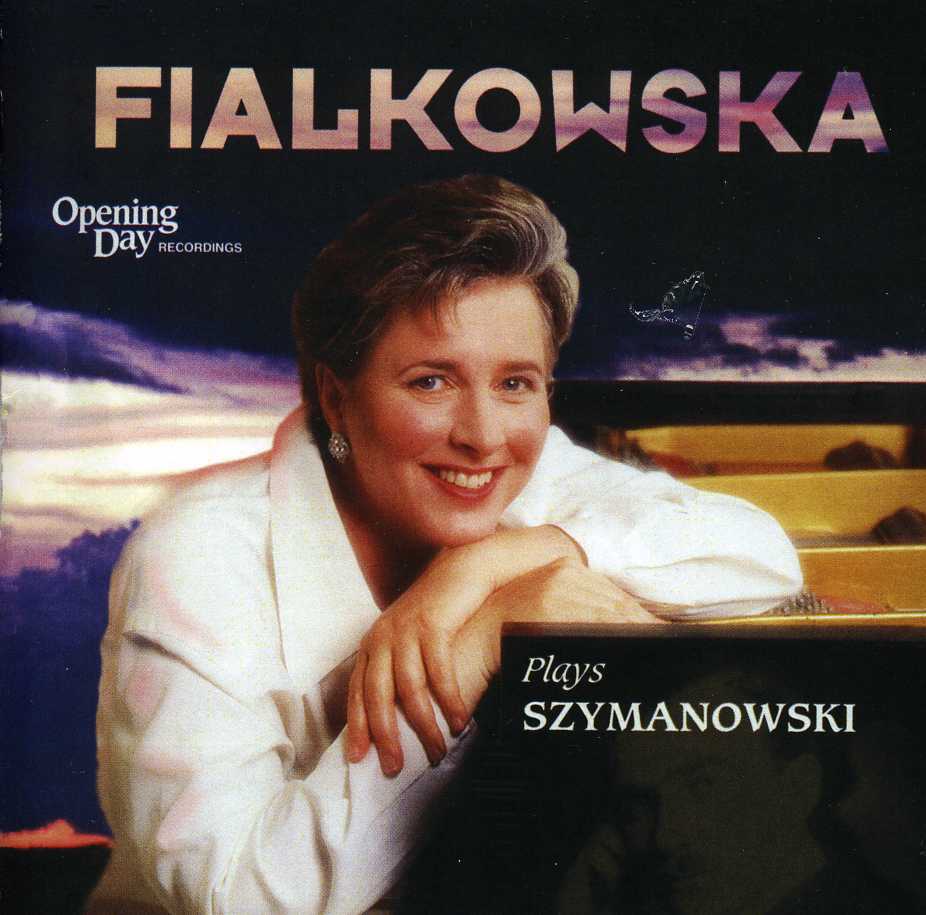[Items from two newspapers about this
Liszt discovery.]
150-Year Wait For a Lost Liszt
Two-continent debut will feature
1839 piano concerto.
By Laura Van Tuyl, Staff writer of The
Christian Science Monitor / May 3, 1990
BOSTON
Audience members will be on the edge of their seats when a piano concerto
by Franz Liszt receives its world premiere tonight in Chicago's Orchestra
Hall. Performance of the "new" work has been eagerly awaited by music enthusiasts
and Liszt historians, ever since 1988, when a doctoral student from the University
of Chicago announced he had stumbled upon missing manuscripts while doing
research in Europe.
``It's a huge find,'' says pianist Janina Fialkowska, reached by phone, who
will play the work with the Chicago Symphony Orchestra under the direction
of associate conductor Kenneth Jean. Ms. Fialkowska ranks the piece as a
major piano work, sure to excite the classical musical world.
The European debut of the piece is tomorrow in The Hague, Netherlands, where
Stephen Mayer performs with the Resedentie Orkester at The Hague Museum.
The concerto, similar in form to the composer's other two, appears to date
from 1839. "At that time, we think of [Liszt] as a virtuoso pianist who was
stunning audiences around Europe," said Jay Rosenblatt, discoverer and editor
of the work, in a phone interview. "This is a good opportunity for the general
public to realize Liszt was always concerned with the serious side of composing."
The 15-minute work, written in one continuous movement, includes cadenza
passages for the soloist at the beginning, "a lovely second theme, which
is really quite beautiful," says Fialkowska, and a "marvelously virtuosic"
ending, she adds.
When Rosenblatt went to Europe to research Liszt's works for piano and orchestra,
he had no idea he would unearth a lost concerto. From archival materials,
he was able to piece together a hitherto unknown composition, which had become
dispersed over three countries. Some pages had been wrongly identified as
drafts of Concerto No. 1 and shuffled into piles of unrelated manuscripts.
Liszt had scratched out a few passages of the solo part, "and there is no
question he intended to come back and revise it," Rosenblatt says. But the
original notes are still legible under the cross-hatch, making a performance
of the work possible. "It's an example of where his development was at the
time he wrote it."
Fialkowska says the premiere "gives me an amazing sense of power" because
there is no precedent for how the concerto should be played. "There are no
dynamics markings, no tempo indications - just the bare notes."
Subsequent performances are slated for Chicago (May 5 and 8); Santa Barbara,
Calif., by the Festival Orchestra of the Music Academy of the West (Aug.
5); New York, by the New York Philharmonic (Jan. 3-5, 1991); and Youngstown,
Ohio, by the Youngstown Symphony (Jan. 12, 1991).
- - - - - - - - - - - -
- - - - - - - - - - - - - - - - - -
May 26, 1991|By Steven Brown, Orlando Sentinel
Classical Music Critic
(...) This week, the main item of interest is a recently discovered, 15-minute
piano concerto by Liszt, which Orlando audiences will finally have a chance
to hear.
Jay Rosenblatt, a doctoral student at the University of Chicago, unearthed
the concerto in Europe about four years ago. Last spring, pianist Fialkowska
and the Chicago Symphony Orchestra gave the concerto its world premiere with
Jean, who also serves as the Chicago Symphony's associate conductor, on the
podium.
Rosenblatt was looking through manuscripts in an archive in Weimar, then
part of East Germany, when he came across the first traces of the new concerto
late in 1987. At the time, he was studying the well-known Piano Concerto
No. 1.
''What I discovered among the material for the First Piano Concerto was this
material for another work in the same key, which had been labeled by the
archive as part of the First Concerto,'' Rosenblatt said. ''But upon closer
examination, I was convinced that it was a completely separate one-movement
work that happened to share the same key.
''But I didn't have the composer's own manuscript - what I had to work with
was a copyist's manuscript. Liszt had probably given the concerto to an associate
to make a clean copy of it, and this copy had a lot of mistakes. Liszt had
not gone back to check it.''
During the next spring, Rosenblatt found Liszt's original. He was in Budapest,
and once again he made his discovery amid papers related to the First Concerto.
Three pages of the new concerto were missing - but thanks to the copyist's
version he already had, Rosenblatt was able to fill in what was lost.
The music Orlando hears (now dubbed the Piano Concerto in E-Flat Major, Opus
Posthumous) will be ''99 percent Liszt,'' Rosenblatt said. His main contribution
lay in recognizing that the manuscripts he found belonged to an independent,
previously lost piece. Otherwise, Rosenblatt explained, what editing the
concerto needed mainly involved correcting some wrong notes and finishing
some lines in the orchestral parts that obviously had been inadvertently
broken off.
Liszt wrote the piece in the late 1830s, Rosenblatt said, when he was under
30 years old. But there's no evidence that he ever played it in public. If
he had, Liszt probably would have thinned out the piano part - which is packed
with notes, making it awkward and all the more demanding for the soloist.
But even as it stands, Rosenblatt added, the concerto is unmistakably Lisztian
- in its fireworks and in its free-flowing, one-movement form.
''There's no question that this is Liszt's music,'' Rosenblatt said. ''It
bears all the fingerprints of the great master.''
|

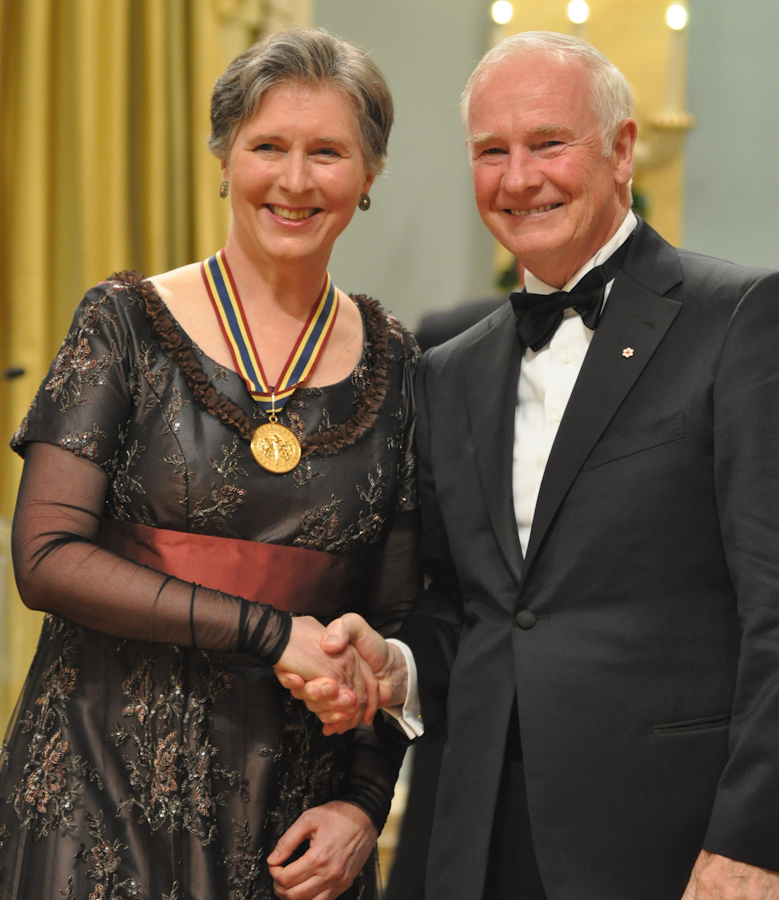
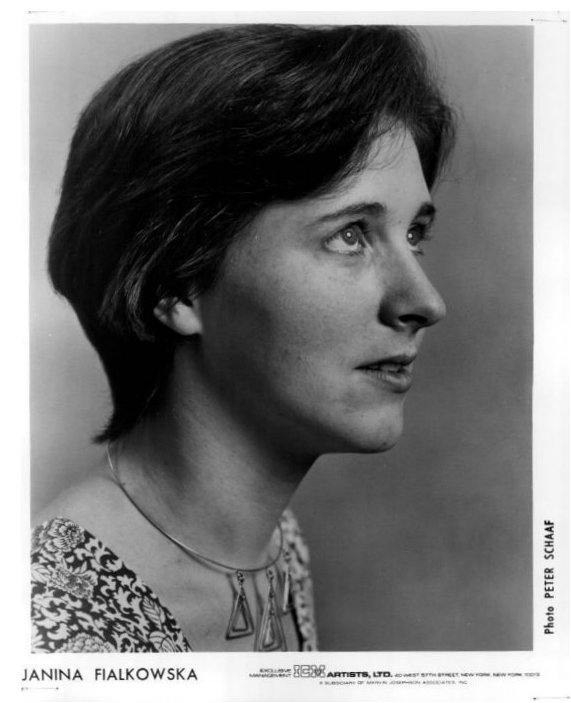 JF
JF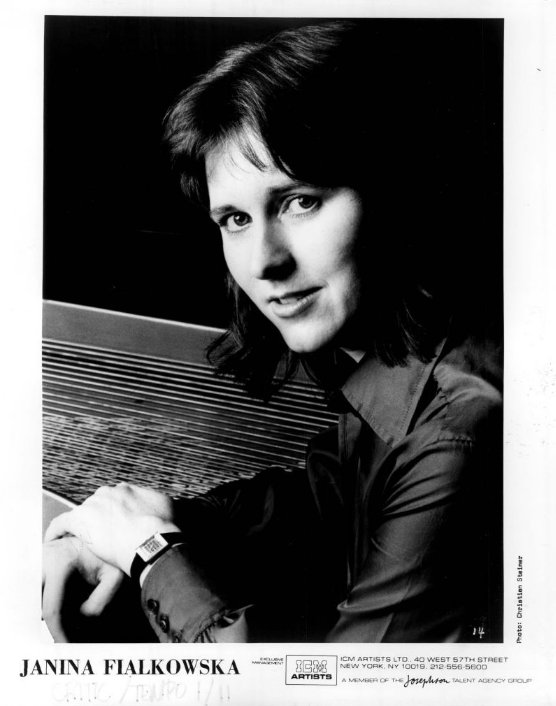 JF
JF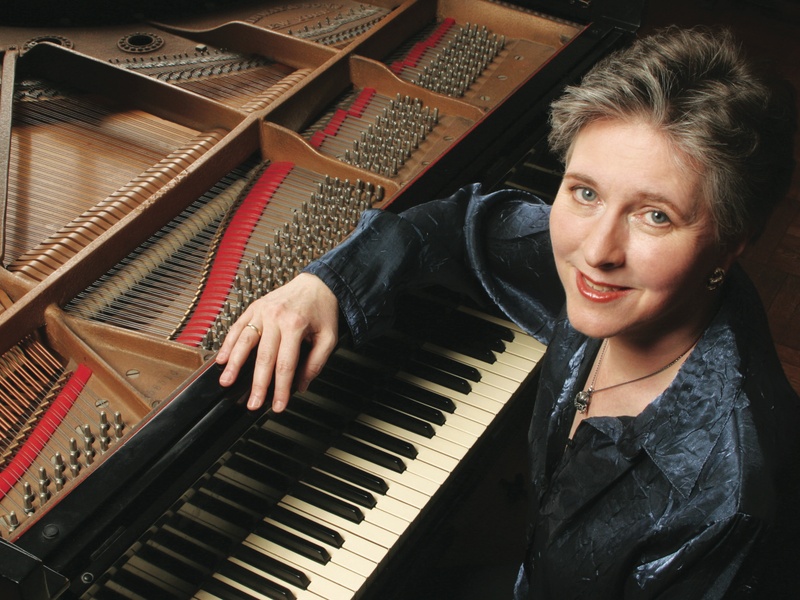 JF
JF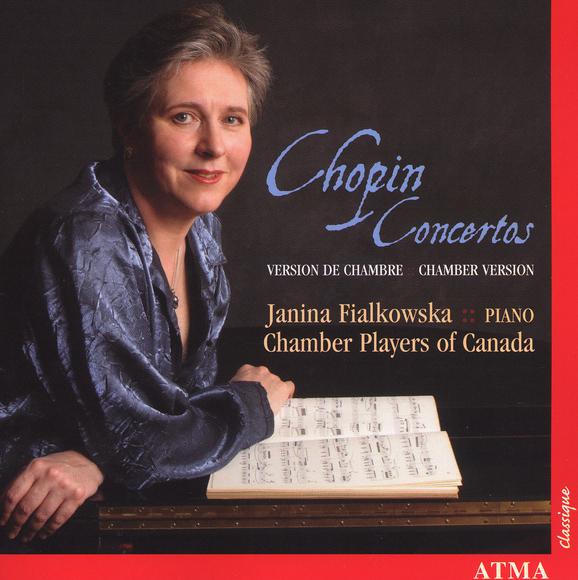 JF
JF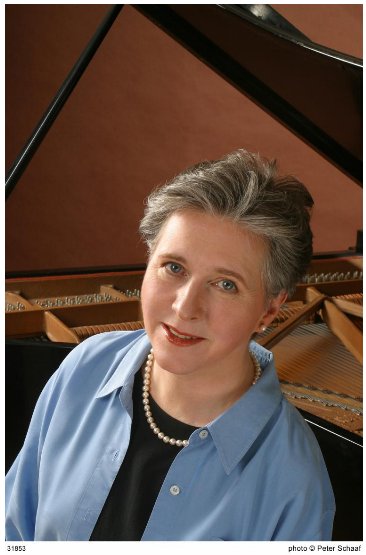 BD
BD